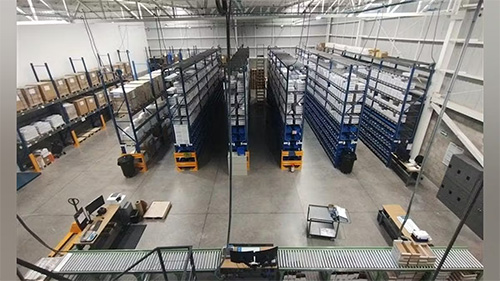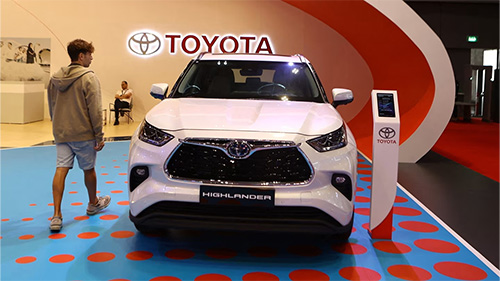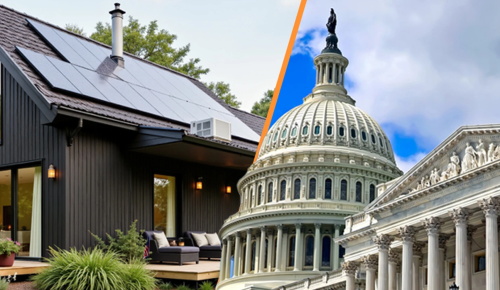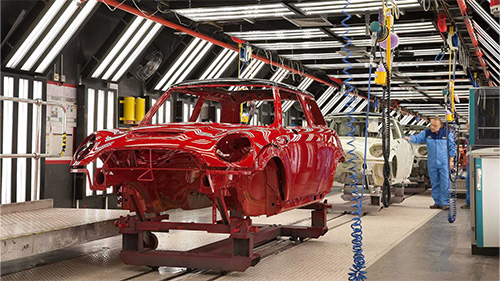Mexico’s $12 Billion Auto Parts Boom: Powering the North American Machine

Mexico’s auto-parts industry is roaring to life—with production surpassing US $11 billion in May 2024 alone, and an annual forecast topping US $126 billion. This surge isn’t just numbers—it’s a tectonic shift in global manufacturing.
With manufacturing hubs spanning the Bajío, Bajío, and central regions, Mexico produces 95% of its output in these clusters—and it's not slowing down. States like Yucatán (+52%), Zacatecas (+19.7%), and Durango (+14.1%) are emerging as new stars in the supply chain. Companies from Germany, Japan, China, and the U.S. are flocking here, attracted by skilled labor and proximity to major markets.
German investment alone reached US $1.634 billion in the first half of 2024, responding to orders from BMW, Volkswagen, GM, and Audi. Meanwhile, Japanese automakers have committed some US $18 billion—including component manufacturers like Ashimori and wiring-harness giants—cementing Mexico’s reputation as a reliable nearshoring alternative.
Nearly 90% of Mexico’s auto-parts exports go to the U.S., making Mexico the fourth-largest global exporter, with total parts exports reaching US $46.4 billion in 2024. American companies account for nearly 30% of foreign investment in this space. This deeply interwoven supply chain spans wire harnesses, sensors, electric-vehicle components, and more.
Pressure from U.S. tariffs—like the 25% duties proposed under Trump-era policies—poses a threat. Sumitomo (a major wire-harness maker) warns production could shift to Southeast Asia if tariffs persist. Similarly, Ford and GM face exposure from their dependence on Mexican-made parts, possibly costing the U.S. auto industry up to US $26 billion annually.
Mexico is the No. 1 supplier of auto parts to the U.S., accounting for about 42% of America’s imports . U.S. automakers rely heavily on seamless, same-day logistics—evidenced by Nissan’s plant in Aguascalientes, where parts arrive within 30 minutes, mirroring their efficiency in Japan. EV makers like Tesla, Lucid, and Rivian also source extensively from over 100 Mexican suppliers .
Ever since U.S. tariffs were ramped up in 2018, dozens of Chinese manufacturers have relocated operations to Mexico. They've invested more than US $12.3 billion, creating 135,000 jobs via industrial parks like Hofusan. These efforts help Chinese firms bypass tariffs via the USMCA—but now may face new American policy shifts.
This boom is more than economic—it’s geopolitical. Whether it stays resilient against potential tariffs or shifts production to Asia will reshape North America’s automotive and EV landscape. The interplay of global investors, local manufacturers, and international policy creates a dramatic, evolving story—one full of opportunity, complexity, and transformation.







